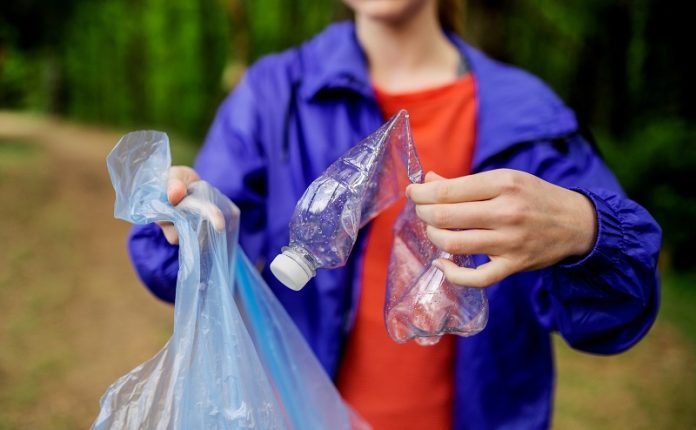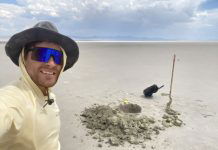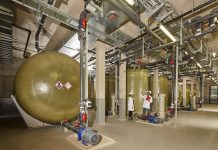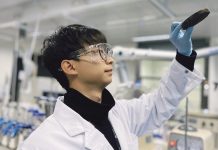
In an exciting development, scientists have discovered a new way to recycle polyethylene (PE) – the world’s most common type of plastic waste.
This innovative process, developed by an international team led by Professor Shizhang Qiao from the University of Adelaide, can convert plastic waste into valuable chemicals using the power of sunlight.
The research, published in the journal Science Advances, presents a significant step forward in tackling the global issue of plastic pollution.
Polyethylene, used in everyday items like food packaging, shopping bags, and reagent bottles, makes up a large portion of the plastic waste accumulating in landfills and harming our environment.
Professor Qiao and his team have developed a method to upcycle this plastic waste. Using a technique called “light-driven photocatalysis,” they are able to turn PE into ethylene and propionic acid, two chemicals with high commercial value.
The process is remarkable for its high selectivity – nearly 99% of the liquid product is propionic acid, which means there are fewer by-products to separate out, making the process more efficient.
The key to this method is using atomically dispersed metal catalysts, particularly titanium dioxide with palladium atoms.
When exposed to sunlight, these catalysts drive the reaction that transforms the plastic waste.
This approach is not only innovative but also environmentally friendly. It uses renewable solar energy instead of fossil fuels traditionally used in industrial processes and contribute to greenhouse gas emissions.
The challenge with recycling PE has always been its chemical inertness – it doesn’t react easily with other substances – and the complexity of its structure.
Current recycling methods require high temperatures (over 400° Celsius), often resulting in a complex mix of products. This new method offers a simpler, more sustainable alternative.
The products of this recycling process, ethylene and propionic acid, are both in high demand. Ethylene is a key ingredient in various industrial and everyday products. Propionic acid has antiseptic and antibacterial properties, making it valuable in medical and food industries.
This breakthrough is significant for several reasons.
First, it addresses the pressing environmental issue of plastic waste by providing a practical recycling method.
Second, it contributes to the circular economy, a system that aims to eliminate waste and the continual use of resources. This aligns with global efforts to reduce environmental impact and promote sustainability.
Professor Qiao’s team hopes their work will inspire further research and development. The goal is to refine and expand this technology, making it widely available for waste management and chemical manufacturing.
In summary, this discovery offers a dual benefit: reducing the burden of plastic pollution and producing valuable chemicals in an environmentally friendly way.
It’s a win-win for both the planet and the economy, paving the way for a future where plastic waste is not just a problem, but a resource.



